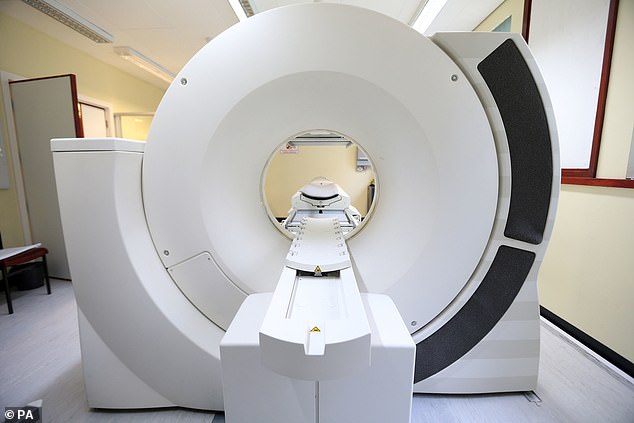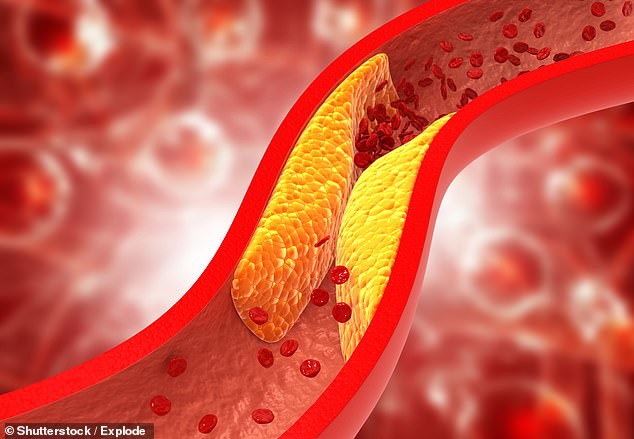Artificial intelligence can predict those most at risk of a heart attack up to 10 years in advance, study finds
Artificial intelligence can detect those most at risk of a heart attack up to ten years in advance, a major study has found.
With tests showing the technology can spot warning signs that conventional scans miss, there is potential to save thousands of lives every year.
The study, led by the University of Oxford, found that up to a fifth of heart attacks could be prevented. Meanwhile, the findings also indicated an 8 percent reduction in deaths.
Researchers analyzed data from more than 40,000 patients who underwent routine heart CT scans in eight British hospitals.
They found that those whose results showed ‘significant’ narrowing of the arteries were more likely to have a major heart attack. Yet twice as many patients without significant stenosis also suffered heart attacks.
The study, led by the University of Oxford, found that up to a fifth of heart attacks could be prevented
The team then used a new AI tool, trained using information about changes in the fat around inflamed arteries, which can indicate the risk of events such as heart attacks.
Further research in a further 3,393 patients over several years showed that it could accurately predict the risk of cardiac events.
Among those without obstructions in their arteries, those with the highest levels of inflammation in their arteries had a more than ten times higher risk of cardiac death compared to those with lower levels of inflammation.
In a world-first pilot project presented at the American Heart Association Scientific Sessions in Philadelphia, they provided AI-generated risk scores to doctors for 744 patients and found that doctors changed patients’ treatment plans up to 45 percent of the time.
Professor Charalambos Antoniades from the University of Oxford said: ‘Our research has shown that some patients in hospital with chest pain – who are often reassured and sent home – are at high risk of having a heart attack in the next ten years, even if they find themselves in the hospital with chest pain. in the absence of any sign of disease in their heart arteries.

Researchers analyzed data from more than 40,000 patients who underwent routine heart CT scans at eight British hospitals
‘Here we have shown that providing doctors with an accurate picture of the risks can change and possibly improve the course of treatment for many heart patients.’
Professor Sir Nilesh Samani, medical director of the British Heart Foundation, said it demonstrates the ‘valuable role that AI-based technology can play’ in identifying those most at risk of future heart attacks.
He said: ‘We hope this technology will eventually be rolled out across the NHS and help save the lives of thousands every year who might otherwise go untreated.’
It comes as the NHS has unveiled a series of pilot projects using AI to prevent hospital admissions this winter.
This includes an initiative in Buckinghamshire to map the eating and drinking habits of vulnerable people at home to prevent them being admitted to hospital.

The new AI tool is trained using information about changes in the fat around inflamed arteries, which can indicate the risk of events such as heart attacks
Electronic sensors will be placed on kettles and refrigerators to monitor changes in consumption patterns, which will then be reported by a healthcare team.
Meanwhile, NHS teams in Birmingham are testing an algorithm to prevent thousands of hospital or GP visits.
It predicts that the top 5 percent of patients are at risk of going to hospital or being admitted, so staff can check in to offer social care measures.
The scheme aims to prevent 4,500 unnecessary visits to the emergency department over the next two years, as well as 17,000 hospital stays and 23,000 GP appointments.
Amanda Pritchard, head of NHS England, said it will help identify the ‘most at-risk or vulnerable patients’ and reduce the number of avoidable emergency visits.
